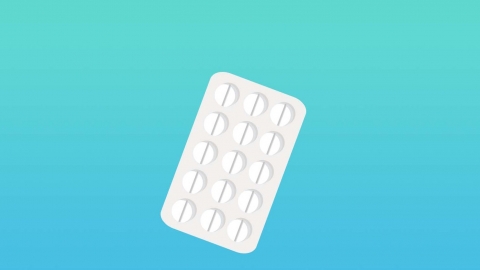What are the side effects and risks of licorice tablets?
Generally, licorice tablets refer to compound licorice tablets. The side effects and risks of compound licorice tablets include edema, fatigue, headache, dry mouth, constipation, and others. A detailed explanation is as follows:

1. Edema
Glycyrrhizinic acid in compound licorice tablets has effects similar to aldosterone, promoting sodium reabsorption in the kidneys, leading to water and sodium retention in the body, which may cause swelling in areas such as the eyelids and lower limbs.
2. Fatigue
Due to water and sodium retention and increased excretion of potassium ions, hypokalemia may occur. Low potassium levels reduce muscle excitability, causing general fatigue. In severe cases, it may affect normal limb movement.
3. Headache
Water and sodium retention can increase blood volume, leading to elevated blood pressure. Excessively high blood pressure increases pressure on cerebral blood vessels, potentially causing headaches, which may be accompanied by dizziness and head fullness.
4. Dry Mouth
Compound licorice tablets may affect the secretory function of salivary glands, reducing saliva production. Insufficient moisture on the oral mucosa can cause dry mouth and may lead to oral odor issues.
5. Constipation
Compound licorice tablets may inhibit gastrointestinal motility to some extent, slowing intestinal peristalsis. This prolongs the retention time of feces in the intestines, allowing excessive water absorption, which can lead to constipation and difficulty in defecation.
In daily life, when taking compound licorice tablets, it is essential to strictly follow medical instructions and never take medication arbitrarily. Individuals with underlying conditions such as hypertension, heart disease, or liver disease should use this medication with particular caution.








